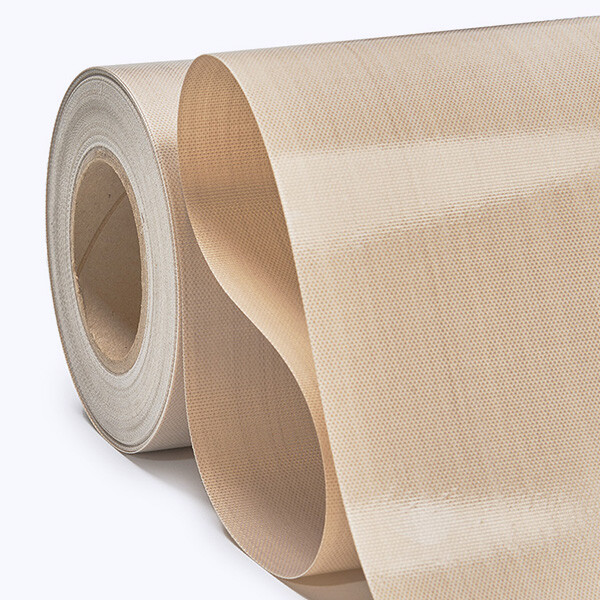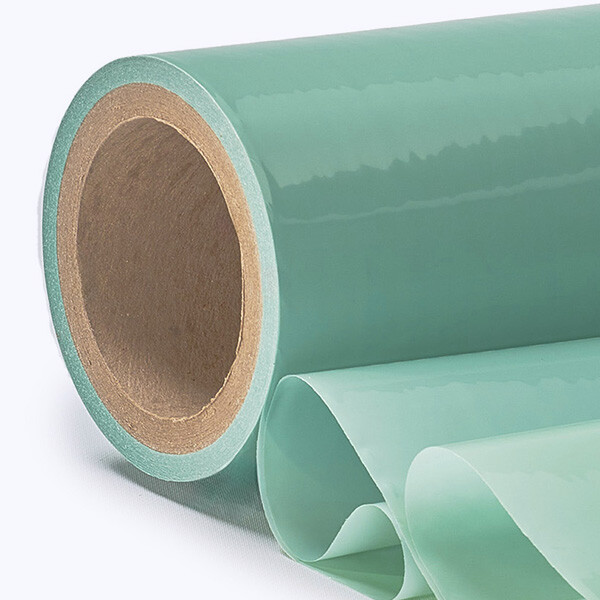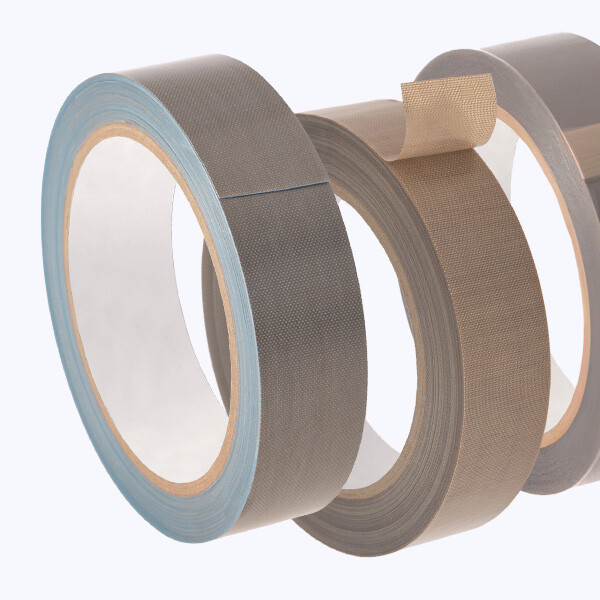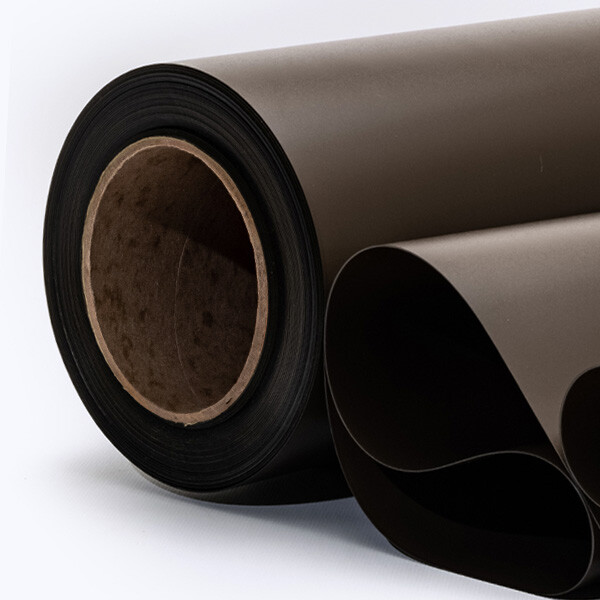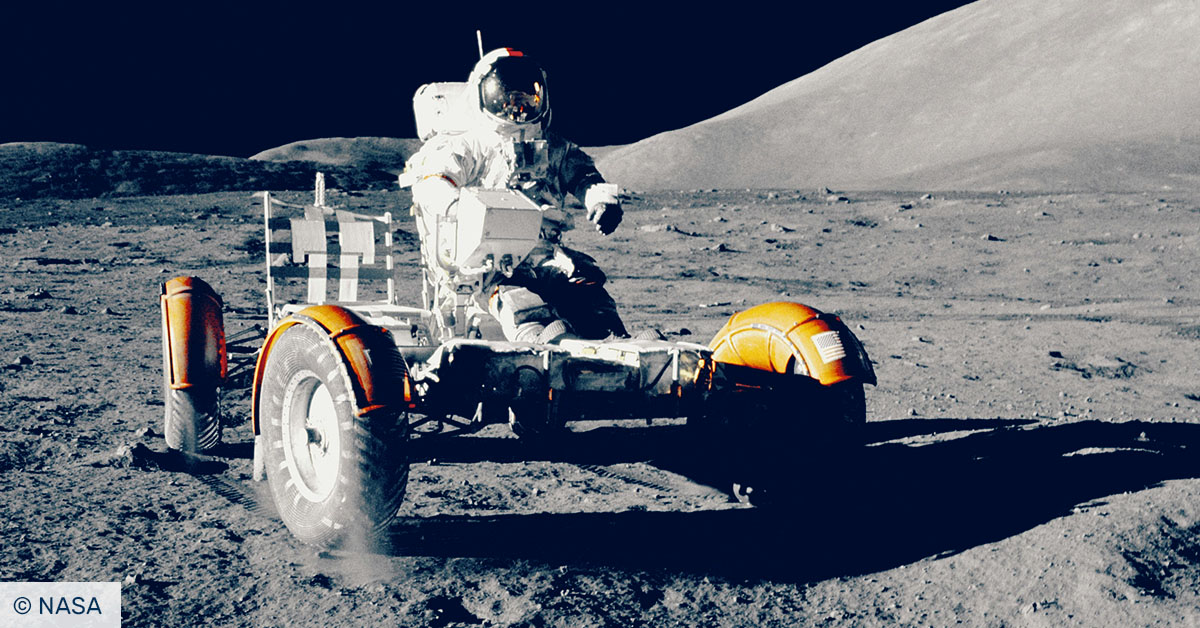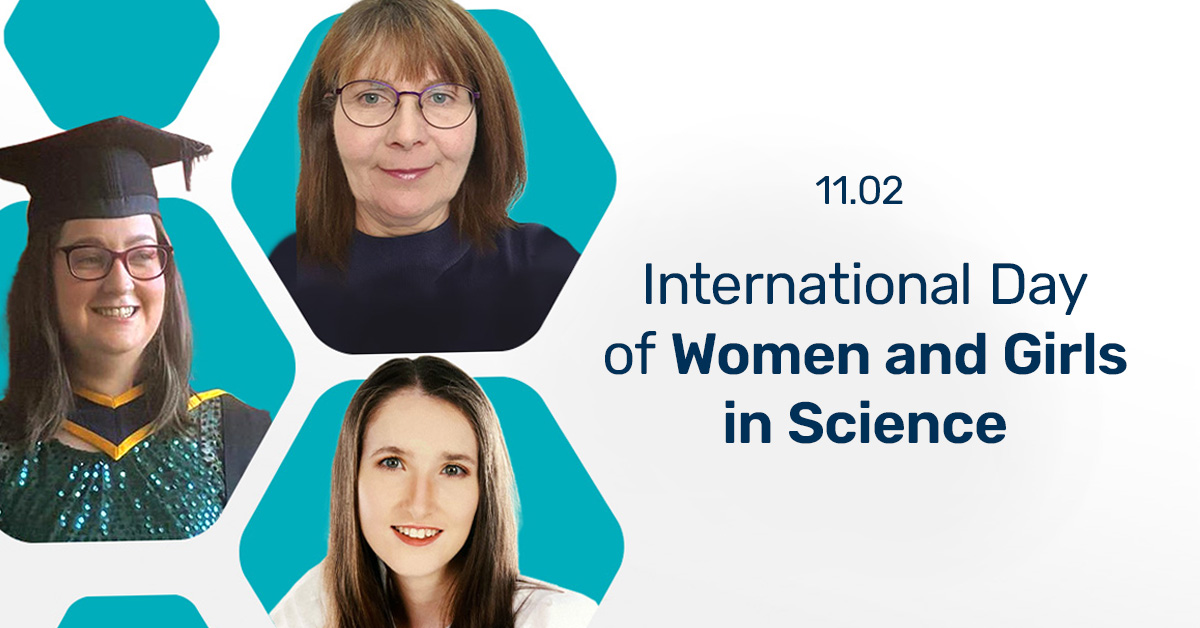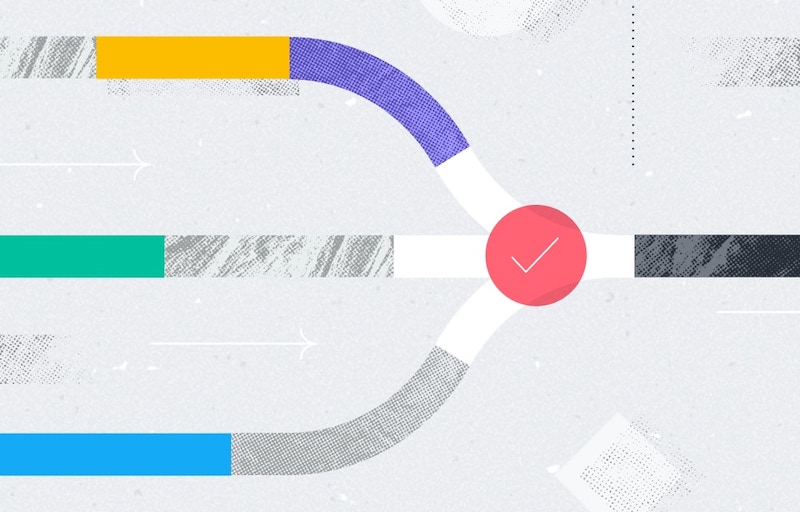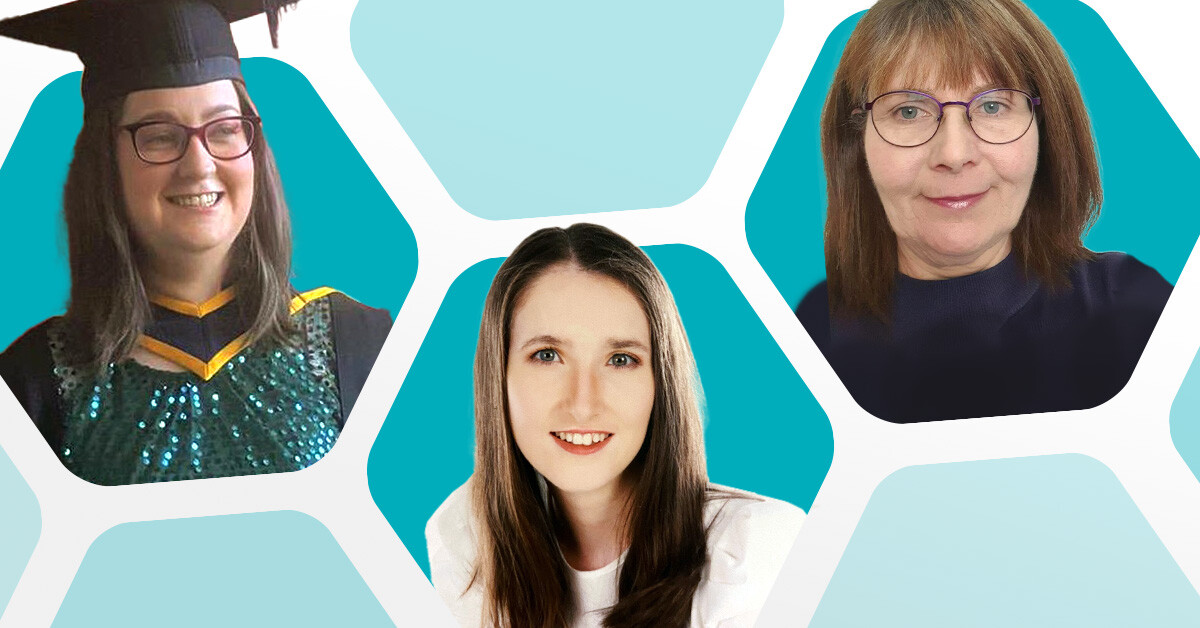
The 9th International Day of Women and Girls in Science takes place on the 11th of February with a dedicated United Nations Assembly in New York on the 8th and 9th of this month.
There is a growing realisation that for the world to tackle some of its greatest challenges – from improving health to combating climate change – all talent needs to be harnessed and there is an urgent need to attract more women to work in scientific fields
This day is a reminder that women and girls play a critical role in science and technology communities and that their participation should be strengthened. We spoke to some of our colleagues at Versiv Composites this week about their journey in science.
Eve Collins
Q1: What is your role at Versiv Composites?
I am a laboratory technician at Versiv. My science background is in pharmaceuticals and medical products, and I earned my degree this year.
Q2: What initially inspired you to pursue a career in science?
When doing the Leaving Cert Vocational Programme in secondary school we had a project on the future career of most interest to us, and mine was focused on laboratory work although I didn’t yet know which speciality I wanted to go into. I did work placement here at Versiv during that project and realised I really liked doing lab work.
Q3: Were there any challenges you faced when starting out, and how did you overcome them?
It took me a while to figure out which field of science I wanted to go into. I took a year out to do a Post Leaving Cert Course to find out what I really wanted to do. It was hard since no one I knew was doing a PLC, so it was kind of lonely, but I knew I really wanted to do lab work. I put my head down and worked hard. During that time, I discovered I really liked chemistry. I hadn’t studied the subject in Leaving Cert so when I got a high mark in my final chemistry exam, I knew then what direction I wanted to go in.
Q4: Are there any milestones or achievements in your career that you can point to?
I became one of the co-technicians for a certain product within the business.
Q5: How do you think we can encourage more women to pursue careers in science, technology, engineering, and mathematics?
I feel the main problem is there isn’t enough incentive from schools and colleges to really figure out what field you want to go in to. Doing your own research is important. Look at the course modules and you will find something that will speak to you.
Q6: What advice would you give to young women aspiring to pursue a career in science?
Don’t be afraid to do a PLC or an extra science subject. During school I was from doing chemistry because they said it would be too hard for Leaving Certificate. However, I did a PLC in Laboratory Techniques and loved to subject. Do what you want to do and don’t be dissuaded.
Q7: Are there particular skills or qualities you believe are crucial for success in the field of science?
An analytical mind is very important and an enjoyment for problem solving.
Q8: Any final words of encouragement for women and girls considering a path in science?
If there is a subject that you really want to do, don’t let anyone tell you not to do it. Even if it’s tough, pursue the path that you want.
Roisin Ryans
Q1: What is your role at Versiv Composites?
I’m a laboratory technician at Versiv Composites. I studied Applied Biology at the Technological University of the Shannon: Midlands Midwest.
Q2: Can you share a bit about what initially inspired you to pursue a career in science?
I’ve always loved watching the CSI and forensic shows growing up. I knew I wanted to be in the pharmaceutical or forensic science field. When I started secondary school, I loved studying biology. I also knew I wanted to study biology in college. I enjoy working in a quality control laboratory. I enjoy testing materials.
Q3: Were there any challenges you faced when starting out, and how did you overcome them?
I’ve always struggled throughout primary and secondary school due to my dyslexia and Irlen syndrome diagnoses. I’ve developed ways to help me get through schoolwork and college work. My biggest challenge, starting in Versiv, was moving away from home. I also had a big challenge with added responsibilities. To overcome the stress of the job, I make daily to-do lists.
Q4: Are there any milestones or achievements in your career that you can point to?
I have become the lead technician on the film material after working for the company for the past year.
Q5: How do you think we can encourage more women to pursue careers in science, technology, engineering, and mathematics?
Promote it to younger girls as a career option. Have more open days in schools and get past pupils from the industry to talk to students.
Q6: What advice would you give to young women aspiring to pursue a career in science?
Only pursue a career in science if you have a genuine interest in the field. Find a hobby outside of the job, as it can be stressful.
Q7: Are there particular skills or qualities you believe are crucial for success in the field of science?
Problem-solving is a useful skill to have and having the ability to provide ideas and criticism despite your age is also useful.
Q8: Any final words of encouragement for women and girls considering a path in science?
Science courses can have very difficult and stressful moments but stick with it as the payoff will be worth it.
Terri Shannon
Q1: What is your role at Versiv Composites?
Laboratory Supervisor – I have over 25 years’ experience working primarily in the site Lab with a focus on product testing, analysis, and traceability.
Q2: Can you share a bit about what initially inspired you to pursue a career in science/ or what you enjoy about working for a company where scientific knowledge is involved?
I have always been a very detail-oriented person, a lover of logic and procedure, science involves not only investigation but the ability to evidence findings which really appealed to me.
Q3: Were there any challenges you faced when starting out, and how did you overcome them?
The biggest challenge was gaining practical knowledge and understanding, studying, and doing various training courses while raising a family, and finding a work / life balance.
Q4: Are there any milestones or achievements in your career that you can point to?
There have been several over the years, but one that stands out is my involvement in the commissioning of the Caster for Film Production.
Q5: How do you think we can encourage more women to pursue careers in science, technology, engineering, and mathematics?
Showing girls from a young age the role models we have in all areas of science and technology, from engineering to research and development. Instil in them and their parents that we no longer have ‘men only’ careers.
Q6: What advice would you give to young women aspiring to pursue a career in science?
Go for it, there will be obstacles along the way but there will also be people willing and happy to help you push them out of the way. Never be afraid to ask for help and if someone says no or says, ‘you can’t’, smile and move on to the next person.
Q7: Any final words of encouragement for women and girls considering a path in science?
You can do anything if you work hard, have passion, and never take no for answer.


